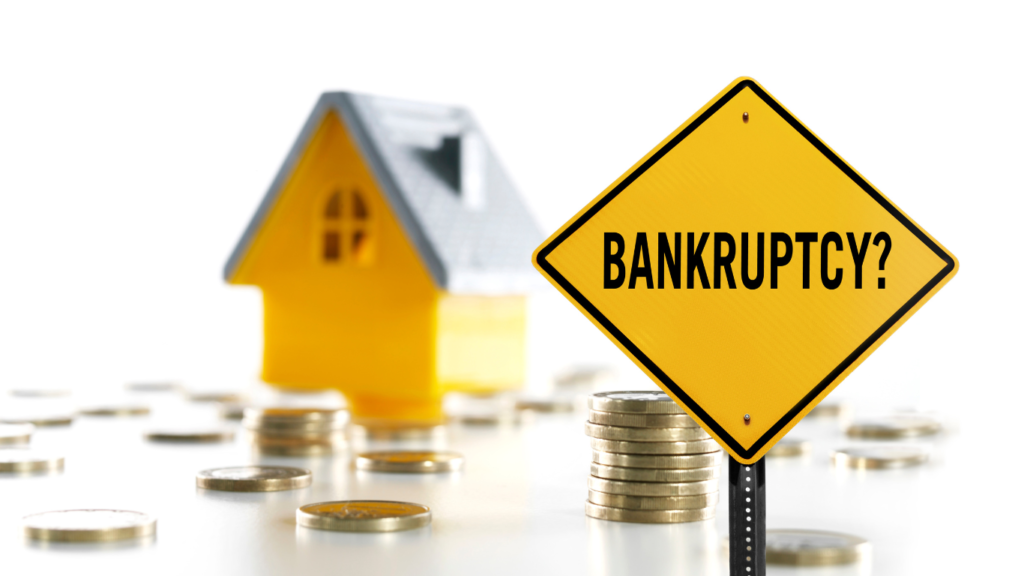The foreclosure process can be a difficult and stressful experience for homeowners in West Virginia. Foreclosure occurs when a homeowner is unable to make their mortgage payments, and the lender takes legal action to seize and sell the property. In this blog, we will discuss the foreclosure process in West Virginia, its consequences, and how to avoid it.
Foreclosure Process in West Virginia
In West Virginia, the foreclosure process typically begins when a homeowner misses several mortgage payments. The lender will send a notice of default to the homeowner, which gives them 20 days to make the missed payments. If the homeowner does not make the payments, the lender can then file a lawsuit to initiate the foreclosure process.
The foreclosure lawsuit must be filed in court, and the homeowner will be served with a copy of the complaint. The homeowner has 20 days to respond to the complaint, or the court may enter a default judgment against them.
If the court rules in favor of the lender, it will issue an order of sale. The property will then be sold at a public auction to the highest bidder. The proceeds from the sale will go to the lender to pay off the mortgage debt. If the sale does not generate enough money to pay off the debt, the homeowner may still be responsible for the remaining balance.
Consequences of Foreclosure
Foreclosure can have serious consequences for homeowners in West Virginia. In addition to losing their home, homeowners may also face the following:
- Damaged credit score: Foreclosure can significantly damage a homeowner’s credit score, making it difficult to obtain credit in the future.
- Deficiency judgment: If the sale of the property does not generate enough money to pay off the mortgage debt, the homeowner may be responsible for the remaining balance.
- Emotional stress: The process of foreclosure can be emotionally draining for homeowners, causing stress and anxiety.
How to Avoid Foreclosure in West Virginia
There are several ways to avoid foreclosure in West Virginia:
- Refinance: Homeowners may be able to refinance their mortgages to lower their monthly payments and avoid foreclosure.
- Loan modification: Homeowners can work with their lender to modify their loan terms, such as the interest rate or repayment schedule, to make the payments more affordable.
- Sell the property: Homeowners can choose to sell their property before it goes into foreclosure to avoid the negative consequences.
- Government assistance programs: West Virginia offers several government programs that can assist homeowners in avoiding foreclosure, such as the Home Affordable Modification Program (HAMP) and the Hardest Hit Fund (HHF).
Helpful Government Links
If you are facing foreclosure in West Virginia, the following government links may be helpful:
- West Virginia Housing Development Fund: The WVHDF offers information and resources for homeowners facing foreclosure.
- U.S. Department of Housing and Urban Development (HUD): HUD offers information about government programs that can assist homeowners in avoiding foreclosure.
- Legal Aid of West Virginia: Legal Aid provides free legal assistance to low-income homeowners facing foreclosure.
Avoid Foreclosure by Selling Your Home Today
If you’re facing foreclosure, selling your home may be the best option. At Favor Home Solutions, we understand this is a difficult decision to make. We’re here to help you through the process and get you the best possible price for your home.
When you work with Favor Home Solutions, we will:
- Evaluate your situation and make you a fair, all-cash offer
- Close on the date of your choice
- Take care of all the paperwork
- Pay all the closing costs
- And much more!
If you’re interested in learning more about getting a free, no-obligation offer for your home, contact us today!


